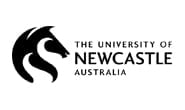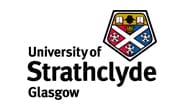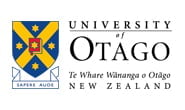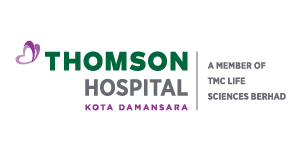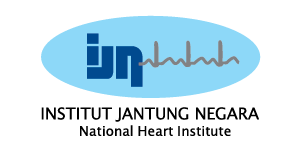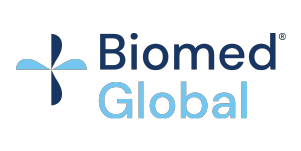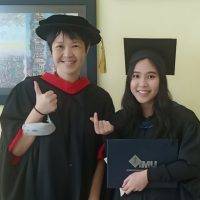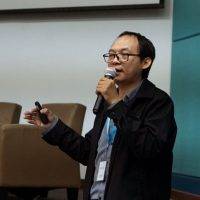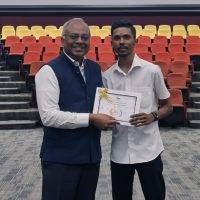ABOUT
As long as new strains of diseases emerge, causing a detrimental effect on the health of our communities, biomedical science will play an important role in healthcare delivery.
Correct diagnosis of disease is imperative. Patients’ lives rely greatly on the results of clinical laboratory investigations conducted by capable biomedical scientists.
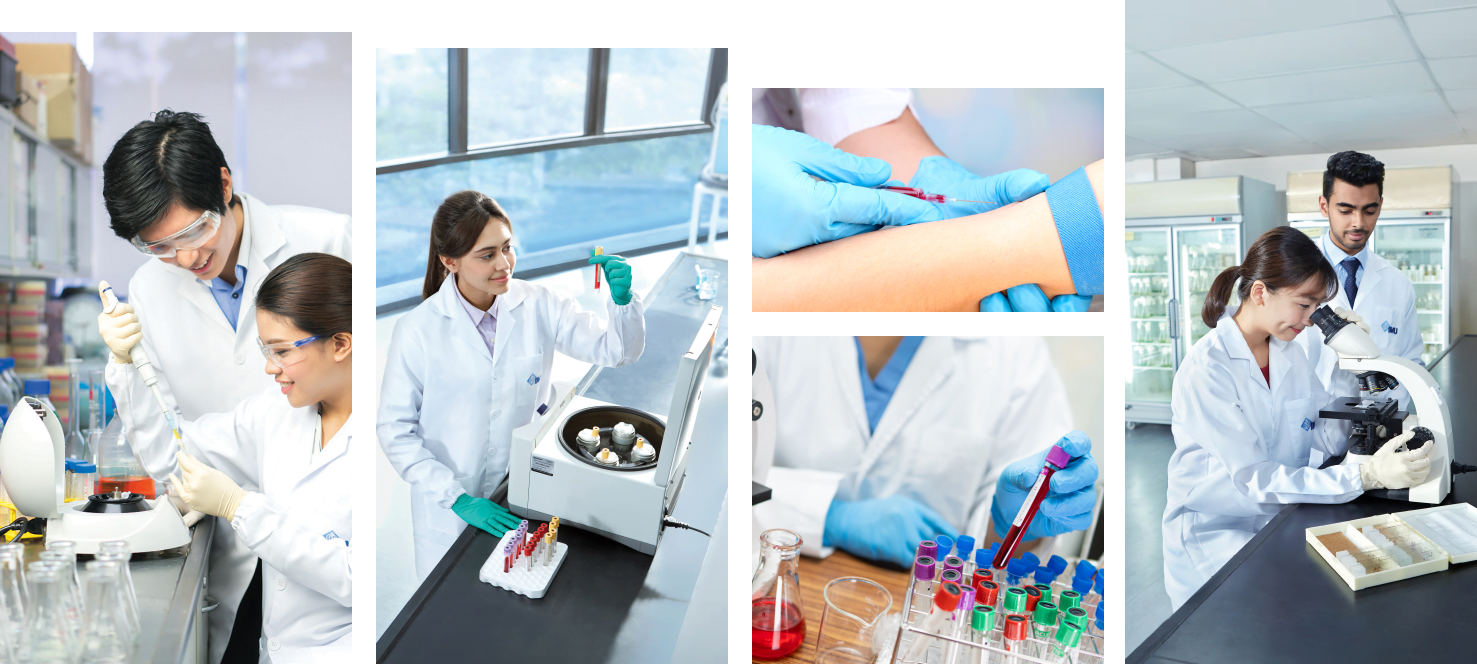
Biomedical Science Degree
Similarly, biomedical scientists are essential in the field of biomedical research, a sector at the forefront of the Malaysian government’s push into developed nation status. It is also a field of endeavour that first world nations put a premium on.
As such, biomedical science is a profession that will continue to expand especially in Malaysia where there has been rapid growth in the healthcare system.
At IMU, the biomedical science degree programme is mapped to the international standards set by the Malaysian Qualifications Agency and accredited by the Institute of Biomedical Science (IBMS), UK.
The competencies required for a successful career are mapped out and students are able to track their progress as they advance.
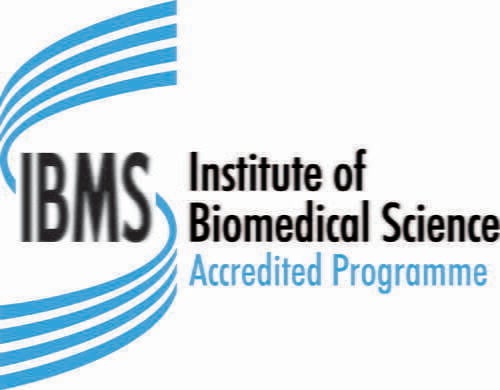
This biomedical science degree from IMU is accredited by the Institute of Biomedical Science (IBMS), UK. All graduates with an IBMS-accredited degree are eligible to apply for registration as a biomedical scientist with the Health and Care Professions Council (HCPC) in the UK upon completion the IBMS Certificate of Competence training portfolio. Accreditation also provides eligibility for the Institution to become a member of HUCBMS (Heads of University Centres of Biomedical Science).
Key Facts
Why Study Biomedical Science at IMU?
An Established Private Healthcare University
IMU is Malaysia’s first and most established private medical and healthcare university with over 30 years of dedicated focus in healthcare education.
IMU achieved the SETARA-2018/19 Tier 6 status (Outstanding) under the Mature University category.
Build Your Future Healthcare Professional Network
As IMU offers the widest range of healthcare programmes, our students are fully immersed in a vibrant community of students and practitioners from all healthcare fields.
This allows for the development of strong friendship amongst peers that will be the foundation of an extensive healthcare professional network upon graduation.
Curriculum Benchmarked to International Standards
IMU’s Biomedical Science curriculum has been developed to meet high international standards and is accepted by University of Newcastle, Australia, University of Otago, New Zealand and University of Strathclyde, Scotland, England for credit transfer into their medical laboratory science and biomedical science programmes.
Better Exposure to Practical Training
Students will have many hours of hands-on practical sessions where every student has the opportunity to hone his / her skills in the microbiology lab, pathology lab, etc. This will be an advantage to the students in their future careers.
Better Preparation to be a Biomedical Scientist
With exposure to industrial attachment and research, students will be better prepared to be a competent biomedical scientist, upon graduation.
Accredited by the Institute of Biomedical Science in UK
The IMU Biomedical Science programme has been accredited by the prestigious Institute of Biomedical Science (IBMS), UK. Getting an IBMS-accredited Biomedical Science honours degree from the IMU will give you all the necessary scientific knowledge, skills and training to begin a career in biomedical science and be eligible for registration with the Health and Care Professions Council (HCPC) in the UK.
Programme Structure
Semester Contents
| MPU SHORT SEMESTER | Semester 1 | Semester 2 |
|---|---|---|
|
|
|
| Semester 3 | Semester 4 | Semester 5 |
|---|---|---|
|
|
|
| SHORT SEMESTER | Semester 6 | |
|---|---|---|
|
|
|
Entry Requirement
| Examinations | Requirements |
|---|---|
| A- Levels | CDD (Including 2 subjects from: Biology; and/or Chemistry; and/or Physics / Mathematics) |
| STPM | Overall cGPA 2.50 (cGPA 2.33 In 2 subjects from: Biology; and/or Chemistry; and/or Physics / Mathematics) |
| Australian Matriculation | ATAR 70 (Including 2 subjects from: Biology; and/or Chemistry; and/or Physics / Mathematics) |
| NCEA Level 3 | 65% aggregate (with 60% in 2 subjects from Biology; and/or Chemistry; and/or Physics / Mathematics) |
| Canadian Grade 12/13 | 70% aggregate in 6 subjects (with an average of 60% in 2 subjects from: Biology and/or Chemistry; and/or Physics / Mathematics) |
| Unified Examination Certificate (UEC) | B in 5 subjects (Including 2 subjects from: Biology; and/or Chemistry; and/or Physics / Mathematics) |
| Australian University Foundation Programmes | 70% aggregate or TER / UAI / ENTER / ATAR 70 (with 60% in 2 subjects from Biology; and/or Chemistry; and/or Physics / Mathematics) |
| Indian Pre-University | 65% aggregate (minimum 60% in 2 subjects from Biology; and/or Chemistry; and/or Physics / Mathematics) |
| Ministry of Education Matriculation # | Overall cGPA 2.50 (cGPA 2.33 In 2 subjects from: Biology; and/or Chemistry; and/or Physics / Mathematics) |
| International Baccalaureate (IB) | 26 points (Including 2 subjects from: Biology; and/or Chemistry; and/or Physics / Mathematics) |
| American High School Diploma with Advanced Placement (AP) | Overall cGPA 2.50 (cGPA 2.33 in 2 subjects from Biology; and/or Chemistry; and/or Physics / Mathematics) |
| Foundation Studies # | IMU Foundation in Science/ Foundation in Biosciences / Foundation in Engineering or equivalent Overall cGPA 2.50 (cGPA 2.33 In 2 subjects from: Biology; and/or Chemistry; and/ or Physics / Mathematics) |
| Degree | BSc in related field : cGPA 2.00 |
| Diploma | Diploma in Science (including 2 science subjects) ; Diploma in related field – cGPA 2.75 Diploma in related field with a cGPA less than 2.75 and minimum 3 years of working experience in the same field |
# The duration of this programme must be a minimum of 1 year in the same accredited institution and foundation in other disciplines are accepted.
English Language Requirement
| MUET* | Band score of 3; or (For Malaysian students) |
| IELTS | Overall band score of 5.5; or |
| TOEFL iBT* | Overall score of 46; or |
| Cambridge English : Advanced (CAE)* | Overall score of 162; or |
| Cambridge English : Proficiency (CPE)* | Overall score of 162; or |
| Cambridge Linguaskill* | Overall score of 160; or |
| Pearson Test of English (PTE)* | Overall score of 51; or |
| Credit Transfer | IELTS Overall band score of 7.0 |
The following categories of students* are exempted from the English requirements:
Students who graduated from other institutions where the curriculum is delivered in English Language for example: Advanced Levels / Australian Matriculation / Australian University Foundation Year / Canadian Matriculation / International Baccalaureate / Foundation in Science / Other Pre-University/ Programmes from Local Higher Education Institutions
* ONLY applicable for those who are completing the entire degree at IMU, Malaysia
Note
Please note that achieving the minimum Entry and English requirements as stated does not guarantee you admission into any of IMU’s programmes.
Please refer to our Student Admissions Policy for more information.
Application and Registration Fees
| Fee | Malaysian Student (RM) | International Student (RM) |
|---|---|---|
| Application Fee | 150 | 500 |
| Registration Fee | 850 | 2,000 |
| Refundable Caution Deposit | 1,000 | 1,000 |
Fee Structure
malaysian student
| Total Duration (years) | At IMU University | At Partner University (PU) | ||||||
|---|---|---|---|---|---|---|---|---|
| Years | Total Semesters | Tuition Fee (RM) | Estimated Tuition Fees at Partner University | |||||
| Per Semester | Per Year | Years | Semesters | Tuition Fee Per Year * | ||||
| Bachelor of Science (Hons) Biomedical Science | 3 | 3 | 6 | 21,000 | 42,000 | – | – | – |
| – Credit Transfer to University of Newcastle Bachelor of Biomedical Science |
3 | 1½ | 3 | 21,000 | 42,000 | 1½ | 3 | A$44,425 |
| – Credit Transfer to University of Otago Bachelor of Medical Laboratory Science |
4 | 2 | 4 | 21,000 | 42,000 | 2 | 4 | NZ$46,295 |
| – Credit Transfer to University of Strathclyde BSc (Hons) Biomedical Science |
4 | 2 | 4 | 21,000 | 42,000 | 2 | 4 | £25,250** |
| – Credit Transfer to University of Strathclyde BSc (Hons) Biomedical Science |
3 ** | 1 | 2 | 21,000 | 42,000 | 2 | 4 | £25,250** |
| – Credit Transfer to University of Strathclyde MSc Forensic Science |
4 | 3 | 6 | 21,000 | 42,000 | 1 | 2 | £28,950** |
International Student
| Total Duration (years) | At IMU University | At Partner University (PU) | ||||||
|---|---|---|---|---|---|---|---|---|
| Years | Total Semesters | Tuition Fee (RM) | Estimated Tuition Fees at Partner University | |||||
| Per Semester | Per Year | Years | Semesters | Tuition Fee Per Year * | ||||
| Bachelor of Science (Hons) Biomedical Science | 3 | 3 | 6 | 22,000 | 44,000 | – | – | – |
| – Credit Transfer to University of Newcastle Bachelor of Biomedical Science |
3 | 1½ | 3 | 22,000 | 44,000 | 1½ | 3 | A$44,425 |
| – Credit Transfer to University of Otago Bachelor of Medical Laboratory Science |
4 | 2 | 4 | 22,000 | 44,000 | 2 | 4 | NZ$46,295 |
| – Credit Transfer to University of Strathclyde BSc (Hons) Biomedical Science |
4 | 2 | 4 | 22,000 | 44,000 | 2 | 4 | £25,250** |
| – Credit Transfer to University of Strathclyde BSc (Hons) Biomedical Science |
3 ** | 1 | 2 | 22,000 | 44,000 | 2 | 4 | £25,250** |
| – Credit Transfer to University of Strathclyde MSc Forensic Science |
4 | 3 | 6 | 22,000 | 44,000 | 1 | 2 | £28,950** |
| Country | Estimated Living Costs (Per Year) |
Exchange Rate (As of Dec 2023) |
|
|---|---|---|---|
| Estimated Living Cost (Per Year) | Australia | AUD 21,000 – AUD 30,000 ≈ RM 65,900 – RM 94,200 | AUD 1 ≈ RM3.14 |
| Canada | CAD 28,000 ≈ RM 98,000 | CAD 1 ≈ RM3.50 | |
| China | RMB 85,000 ≈ RM 56,100 | RMB 1 ≈ RM0.66 | |
| Ireland | EUR 12,000 ≈ RM 62,000 | EUR 1 ≈ RM5.17 | |
| New Zealand | NZD 22,000 – NZD 26,000 ≈ RM 64,500 – RM 76,200 | NZD 1 ≈ RM2.93 | |
| United Kingdom | GBP 10,000 – 22,700 ≈ RM60,000 – RM 136,200 | GBP 1 ≈ RM6.00 | |
| United States of America | USD 16,000 ≈ RM 75,800 | USD 1 ≈ RM4.74 | |
| Kuala Lumpur, Malaysia | RM36,000 | RM36,000 |
Partner Universities
As an assurance of a total commitment towards quality education in biomedical science, the IMU maintains its relationship with many partner universities in Australia, New Zealand and United Kingdom.
Australia
united kingdom
new zealand
Industrial Partners
The curriculum structure is constantly updated to meet the ever-changing industries’ needs and includes research-led teaching to deliver evidence-based knowledge and practice in the industry. Students will have the opportunity to undergo industrial training in the related sectors in their final semester. They will also be able to collaborate with industry or/and researcher in related project in their final year. The organisations involved in these internships are:
Our Alumni
Views from Our Community

Vinoshini a/p Wiswannadan
Student, Biomedical Science
Biomedical Science shows us how, in this dynamic world, modern healthcare is important and is a major issue that is needed. As the world is advancing to a brighter future, understanding of the human body, effects of drugs and diseases needs to be approached in a better way. The IMU Biomedical Science programme has a great curriculum with research-based teaching and problem-based learning. Learning from the experienced lecturers has provided us with lots of scientific knowledge and practical skills that are valuable to us currently and for the future. We were given ample opportunities to visit potential workplaces to experience work life in diagnostic laboratories, research labs and many more.

Teng Jet Shee
Student, Biomedical Science
After going through this journey with Biomedical Science in the past few years, what I have learnt is not merely the basic knowledge in human biology and laboratory work but it also eminently built up my interpersonal and leadership skills via the organisation of events and activities. As self-directed learning played an important role in our programme, it indirectly encourages us to be independent, improves stress endurance and enhances self-discipline since we have to manage time effectively to get our assignments done despite participating in campus activities. The career options are not only restricted to laboratory, it provides wide career pathways and industries which I could engage in. Hence, choosing this programme is one of the decisions that I will never regret and I cannot wait for the next chapter of my life.

Chok Kian Chung
Alumnus, Biomedical Science
IMU Biomedical Science programme has prepared me with comprehensive medical knowledge and practical skills. I was trained with transferable management and interpersonal skills for future career and work environment. The excellent quality of IMU’s Biomedical Science programme provides students with an advantage to pursue our profession competently and internationally.
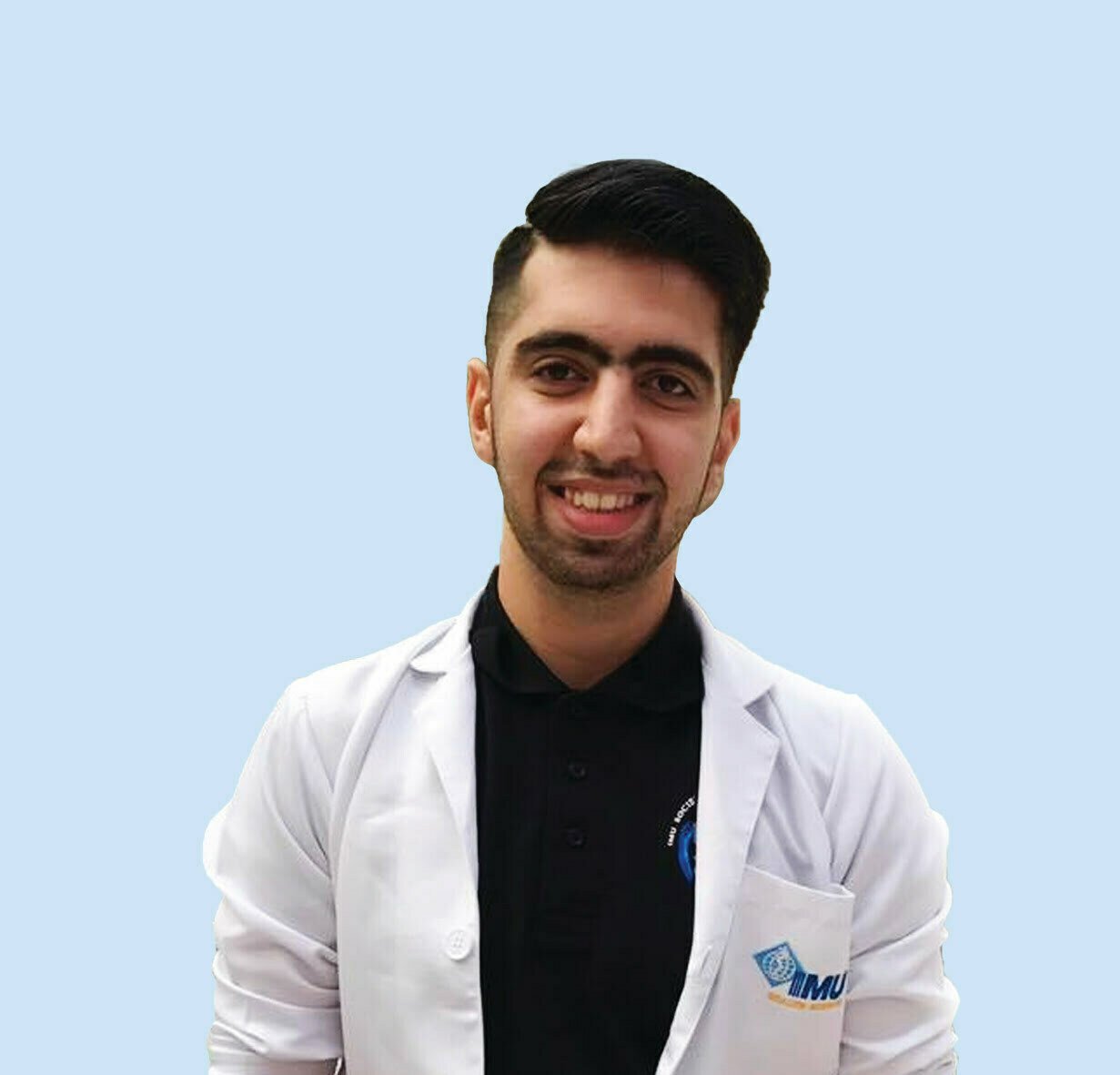
Hossein Jahedi
Alumnus, Biomedical Science
Biomedical science is about understanding the anatomy, physiology, and pathology of the human body while acquiring techniques for investigations. Biomedical Science at IMU provides an environment in which independence, self-learning, student lecturer discussions, and exploring the science world within and outside of the university are encouraged. Plus, the faculty members are always there to guide you in the direction that you want to go! Graduating from IMU has allowed me to get multiple offers to pursue my PhD studies.
Latest News & Stories
FREQUENTLY ASKED QUESTIONS
What are the aims of the programme?
Biomedical science is the study of basic sciences that relate to medicine including biochemistry, genetics, microbiology, parasitology, pharmacology, haematology, immunology, histopathology and cytopathology.
The IMU Biomedical Science programme has been designed for students who wish to gain an understanding of the basic sciences that are related to medicine and to develop skills in different biomedical areas.
The aim of this programme is to provide training for undergraduate biomedical science students that would prepare them to work effectively in healthcare services which includes diagnostics, therapeutics, determining the nature of diseases, quality control, prevention, control and treatment of diseases.
This programme also aims to provide the students with technical and analytical skills to carry out biomedical research. Furthermore, the programme also prepares them to pursue postgraduate studies in a range of disciplines.
What are the teaching/learning approaches used?
In addition to didactic large group teaching sessions (Plenaries), the programme is also delivered through small group teaching sessions (Problem-based learning, Laboratory practicals, Workshops, Computer-aided learning, Tutorials, Seminars, Presentations and Attachments / Placements). Such small group teaching sessions will provide opportunities for the development of a range of skills necessary for the biomedical scientist. The projects in Semester 6 will provide opportunity for the student to conduct studies in biomedical field and it is hoped that students will acquire critical thinking and analytical skills necessary for postgraduate training later.
What are the semester contents?
Semester contents are available in the programme brochure [Download Brochure]
Who will award the degree?
The Bachelor of Science (Hons) Biomedical Science degree is awarded by IMU. The partner universities will award their respective degrees to students who transfer to their school.
How will I be assessed?
Students will be assessed through their class tests, practical reports, workshops, portfolios, projects, logbooks, written reports, presentations, dissertations and end-of-semester examinations.
Are there any industrial placements?
There will be 9 weeks of industry attachment and 17 weeks of diagnostic lab attachment.
What is the medium of instruction?
The medium of instruction is English. Students who come from a system of education in which the medium of instruction is not English are strongly recommended to improve their proficiency in English by making their own arrangements to attend additional English Language classes before entering IMU.
What sort of jobs/careers can be undertaken with this degree?
Biomedical scientists may be employed by public and private hospital laboratories, public health laboratories and private pathology laboratories. Biomedical scientists analyse specimens of blood and body fluid, enabling diagnosis of illness and evaluation of the effectiveness of treatment. Their nature of work includes performing chemical analysis of body fluids and haematological analysis of blood samples, isolating micro-organisms and matching the blood of donors to recipient to ensure compatibility.
Biomedical scientists may be involved in medical, veterinary and agricultural research in universities and research/health institutions. Industries employing biomedical scientists for research and development include pharmaceuticals, biotechnology, chemicals, cosmetics and toiletries. Examples of biomedical science research include research on causes and cures of diseases for example, cancer, AIDS and hepatitis, animal cloning, gene therapy as well as discovery, development and production of biopharmaceuticals, diagnostic products and chemicals.
Biomedical science graduates can undertake postgraduate degrees in any of the related disciplines. They could also pursue a career in education. The biomedical science degree can be used as graduate entry into medicine. Biomedical science graduates can also enter the police force in the area of forensics or enter scientific journalism.
When do I apply for a placement in IMU?
You can apply as soon as you have your forecast or actual results.
Have a Question? Ask Us
INTERESTED IN APPLYING FOR ONE OF OUR PROGRAMMES?
A Word from the Programme Director

DR SHAMALA SALVAMANI
Senior Lecturer and Programme Director
BSc (Hons) (UNISEL), MSc (UPM), PhD (UPM)
“IMU’s Biomedical Science programme is designed to cultivate highly proficient and job-ready graduates by providing them with a comprehensive blend of theoretical knowledge and practical skills. The programme empowers students to stay abreast of the latest advancements in the field, fostering analytical and critical thinking while honing their communication abilities. Moreover, the inclusion of internships offers students hands-on experience, bridging the gap between academia and the professional sphere. The faculty, comprised of experienced and dedicated experts in the field, plays a pivotal role in guiding and mentoring students throughout their academic journey. Besides, the students gain ample invaluable experiences through participation and organisation of various educational activities. The curriculum ensures that graduates are fully prepared to excel in the profession, making them highly sought after both locally and internationally.”



